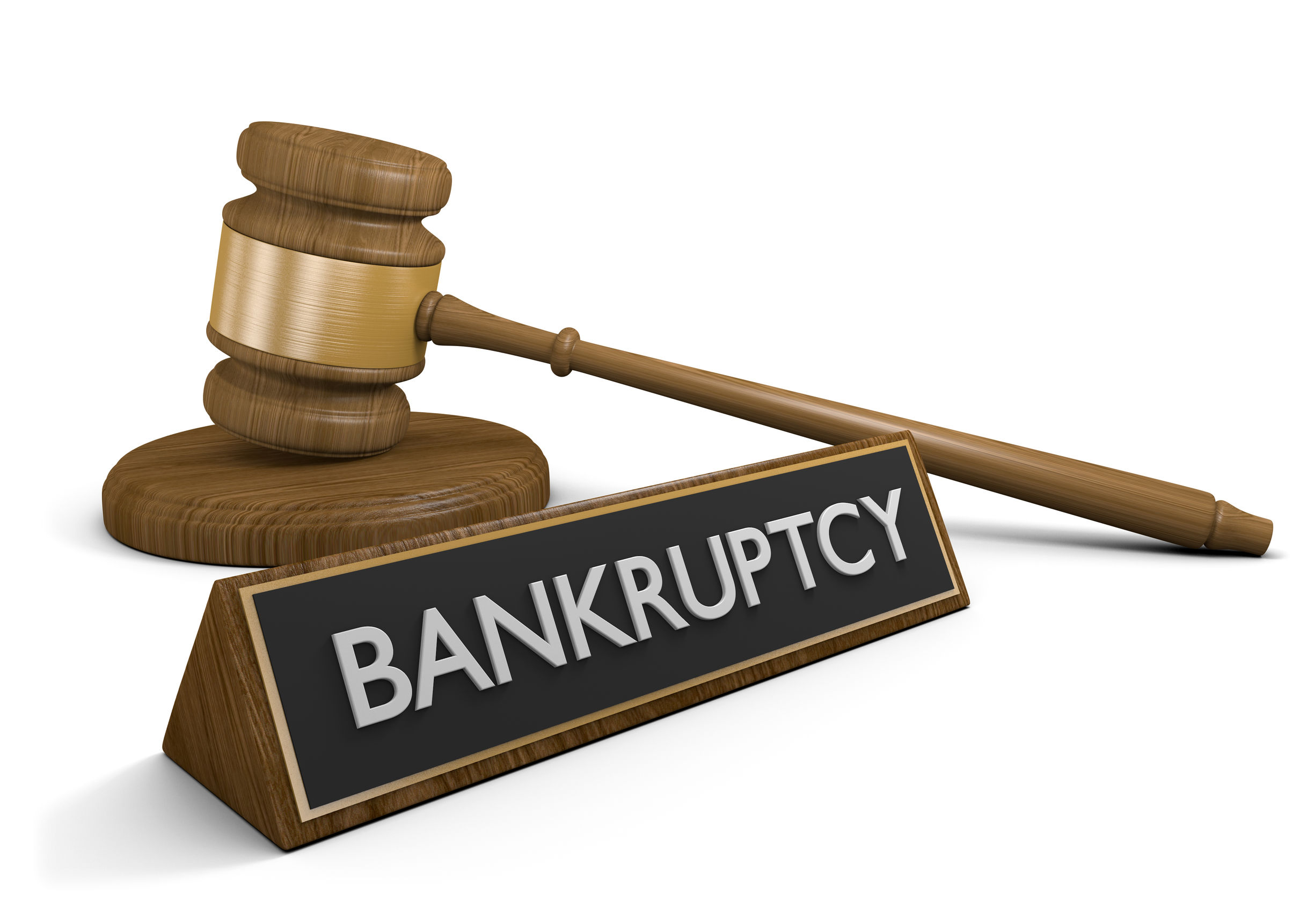Chapter 11 Bankruptcy Allows Your Business to Stay Open While Reworking Your Financial Obligations

Chapter 11 usually makes big news when large companies fall into financial difficulty.
It is a form of bankruptcy that involves the restructuring of the debtor company’s business affairs.
In a nutshell, Chapter 11 offers the debtor a fresh start.
It begins with the filing of a petition in the bankruptcy court.
Typically, this version of bankruptcy is voluntary. In such a scenario, the debtor takes the lead and seeks bankruptcy relief.
It is also possible that creditors or lenders may group together to file an involuntary petition against the defaulting company.
Here is how Chapter 11 operates
The court will help the defaulting company restructure its debts and obligations. In most instances, the company continues with its operations.
Some notable examples of companies staying afloat while filing for Chapter 11 include General Motors, United Airlines, and the retail outlet K-mart.
But it must be borne in mind that anyone can file for Chapter 11 including individuals.
There are several cases of personal bankruptcy Chapter 11 in MD.
Individuals file under Chapter 11 if they do not qualify under Chapters 7 and 13 because they have too much debt.
Yet as one bankruptcy lawyer pointed out, “It is a complicated form of bankruptcy and also the most expensive”.
Most companies file for Chapter 11 where their key place of operation is located.
The organization can also file where the business is incorporated, even if it is not the primary place of conducting business.
Here are some key takeaways of Chapter 11 bankruptcy
• If a business that files for Chapter 11 is desirous to propose a reorganization plan, it must do so in the best interest of the creditors.
• If, however, the defaulter company does not propose a plan, the creditors can do so instead.
• The trend of retail companies filing for Chapter 11 has continued in the early part of 2020 as well.
As mentioned earlier, a company filing for Chapter 11 can continue to run its business, but will be called a “debtor in possession”.
However, an attorney specializing in local bankruptcy Maryland says, “If the company filing for Chapter 11 is involved in fraud or gross incompetence, the court can appoint a trustee during the entire period of the bankruptcy proceedings”.
Another important aspect to be noted is that the business in debt cannot take certain important decisions without the permission of the court.
These can include sale of assets, commencing or concluding a rental agreement, or decisions regarding expanding business operations.
Since it is the company itself that has the first chance to propose a restructuring plan, the reorganizing strategies can include:
• Downsizing of the business to reduce operating costs
• Renegotiating debts
• Liquidating portion of the assets to repay creditors
The Coronavirus Aid, Relief, and Economic Security (CARES) Act was passed by U.S. lawmakers in March 2020 to dampen the impact of the Covid-19 pandemic.
This Act has raised the limit of Chapter 11 Subchapter V debt limit to $ 7,500,000. This modification applies to bankruptcy cases filed after the CARES Act was enacted.



